The Donetsk People’s Republic currently has no plans to hold direct talks with the Kiev authorities, a senior official from the eastern republic said on Monday, adding that the dialogue was being conducted only through the Contact Group on the Ukraine crisis.
Denis Pushilin, the Donetsk republic’s envoy to the Trilateral Contact Group of senior representatives from Ukraine, Russia and European security watchdog OSCE, told Russian state television channel Rossiya-1: “There are no plans for direct contacts [with the Ukrainian side] in the near future. We are negotiating through the Contact Group so far.”
On August 26, envoys of Moscow, Kiev, the republics of Donetsk and Lugansk and the Organization for Security and Cooperation in Europe are expected to gather in Minsk for one of their regular meetings reviewing progress of the ceasefire.
Besides, preparations are underway to hold a meeting of experts from Russia, Ukraine, Germany and France, a source in the Russian Foreign Ministry told TASS on Monday.
“The issue is being examined,” the source said, adding that a date and venue for talks in the so-called Normandy format would be set in the near future.
Earlier in the day, Russian Foreign Minister Sergey Lavrov pointed to the importance of Normandy-format meetings between leaders and foreign ministry officials of the four countries to ease the conflict in Ukraine’s east.
He said Russia was ready to hold such a meeting, at first at the level of experts, “to put two documents on the table – Minsk’s Package of Measures and those amendments to the Constitution that were adopted by the Verkhovna Rada [Ukrainian parliament], and also those documents that were adopted by the Verkhovna Rada on holding local elections in Donbas and granting special status to these territories”.
The Trilateral Contact Group on February 12, 2015, signed a 13-point Complex of Measures to fulfil the September 2014 Minsk agreements.
The Complex of Measures (Minsk-2), earlier agreed in the Belarusian capital with leaders of Russia, Ukraine, Germany and France, envisaged a ceasefire between Ukrainian government forces and people’s militias starting from February 15.
This was to be followed by withdrawal of heavy weapons from the line of military engagement by at least 15 kilometres (9 miles), prisoner release and agreement for international observers to monitor the truce.
Based on September’s stillborn Minsk peace protocol, the deal also laid out a road map for a lasting settlement in Ukraine, including local elections and constitutional reform to give the war-torn eastern regions more autonomy.
Among the terms of the February 12 deal was a commitment to intensify the work of the Contact Group. Four subgroups, tasked with addressing security, political, economic and humanitarian issues, are expected to advance work by the Contact Group in activating elements of the Minsk deal.

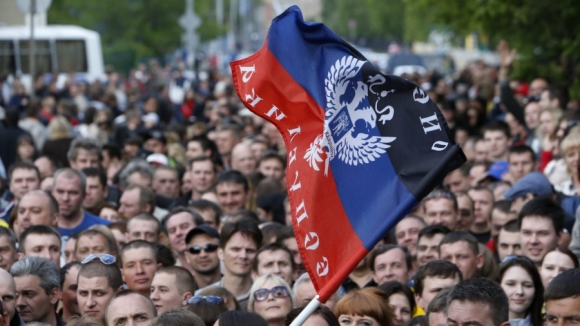
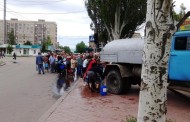
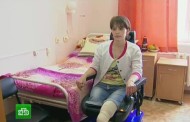
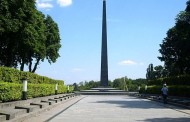
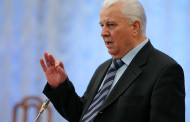
Recent Comments
rené holdrinet in: DECLARATION EXTRAORDINAIRE du Président de la République Populaire de Donetsk Alexandre Zakhartchenko du 16 août 2015 à 18h30
Merci à tous ces gens qui ne renient pas leurs valeurs. Nous sommes de ...
Drago in: Escalade dans le Donbass. Pourquoi OTAN et CIA n'abandonnent pas la partie
Heureusement que certains sont déjà habitués aux réparations.... et co ...
Drago in: Escalade dans le Donbass. Pourquoi OTAN et CIA n'abandonnent pas la partie
Patience, tout est sur la bonne voie. Le monde sera sous quelques moi ...
antoniob in: Escalade dans le Donbass. Pourquoi OTAN et CIA n'abandonnent pas la partie
Félicitations. Court article de synthèse réussisant à éclairer et situ ...
michel r in: DECLARATION EXTRAORDINAIRE du Président de la République Populaire de Donetsk Alexandre Zakhartchenko du 16 août 2015 à 18h30
il est maintenant l'heure pour la jeune République du Donbass de chati ...